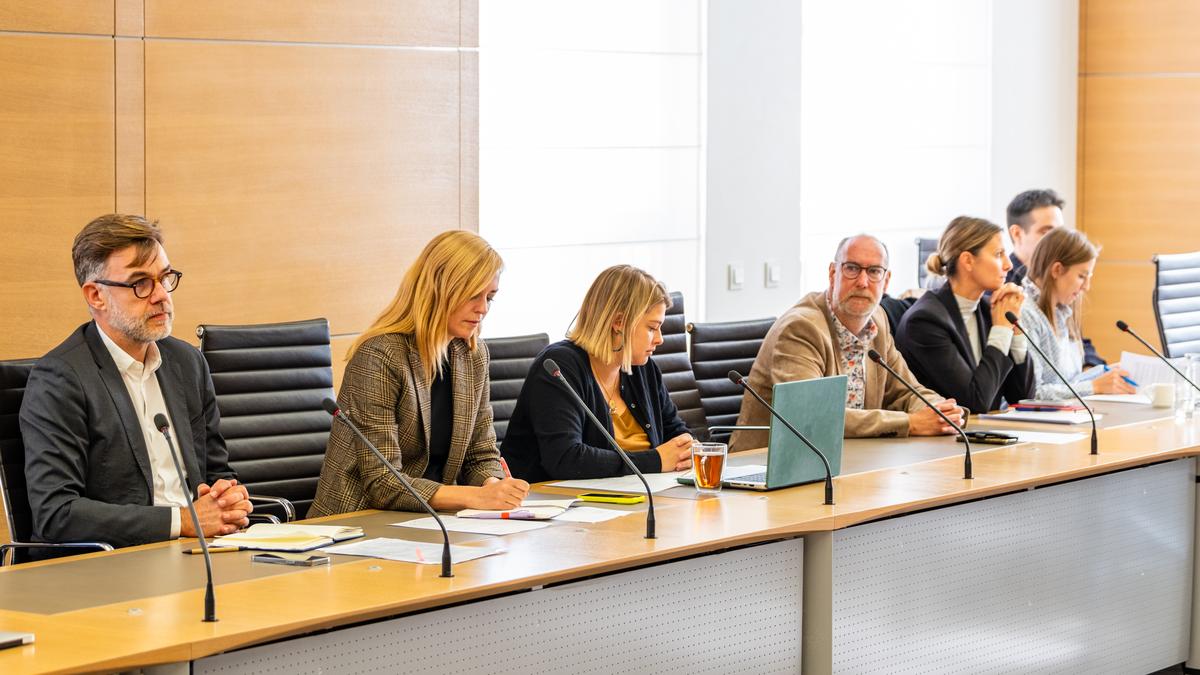Representatives of Caritas management told members of parliament on Wednesday that the charity wants to prevent liquidation, Djuna Bernard of the Greens party said after a special committee meeting on Wednesday.
Caritas repsentatives appeared for the first time at a committee hearing. Nathalie Frisch, who is a member of Caritas’ board of directors, told members of parliament that the organisation is facing challenges servicing its own debts as it now has few sources of income.
The government and other public players like the City of Luxembourg that previously worked with Caritas, for example providing services to refugees, stopped paying Caritas in the wake of the embezzlement scandal, switching contracts to successor organisation HUT (Hëllef um Terrain).
Caritas is left €6 million in debt but said it remains hopeful that some of the stolen money can be recovered. Speakers for the organisation did not provide a plan how this could be accomplished. The public prosecutor’s office continues its investigation, with eight suspects recently arrested in Bulgaria, France and the UK.
€30 million of the stolen funds were in the form of loans that were advanced by two banks in Luxembourg to Caritas.
Some of the properties that Caritas owns are mortgaged or subject to conditions which mean that they cannot easily be sold to pay off the outstanding amount, the charity’s representatives said.
Also read:Caritas committee claims former staff delegates afraid to attend hearings
Difficult search for investors
Attempts to find new investors were made difficult by Prime Minister Luc Frieden’s statement that there was no longer any trust with the aid organisation and that the government will not be helping the charity until it is known how the fraud took place, Frisch said.
According to Bernard, the Caritas board of directors only had contact with the government once.. Ministers including Luc Frieden and foreign affairs minister Xavier Bettel took part in these meetings.
The Caritas special committee was convened to examine the failure of Caritas and setting up of HUT with a view to making recommendations around the legal frameworks governing charities and avoiding this type of incident from happening again.
Special committee serves to examine draft laws, amendments or motions, and to prepare other parliamentary work, such as public or closed-door sessions. Unlike an inquiry committee it has no legal means of forcing someone to testify.
(This article was originally published by the Luxemburger Wort. Translation and editing by Kabir Agarwal.)
